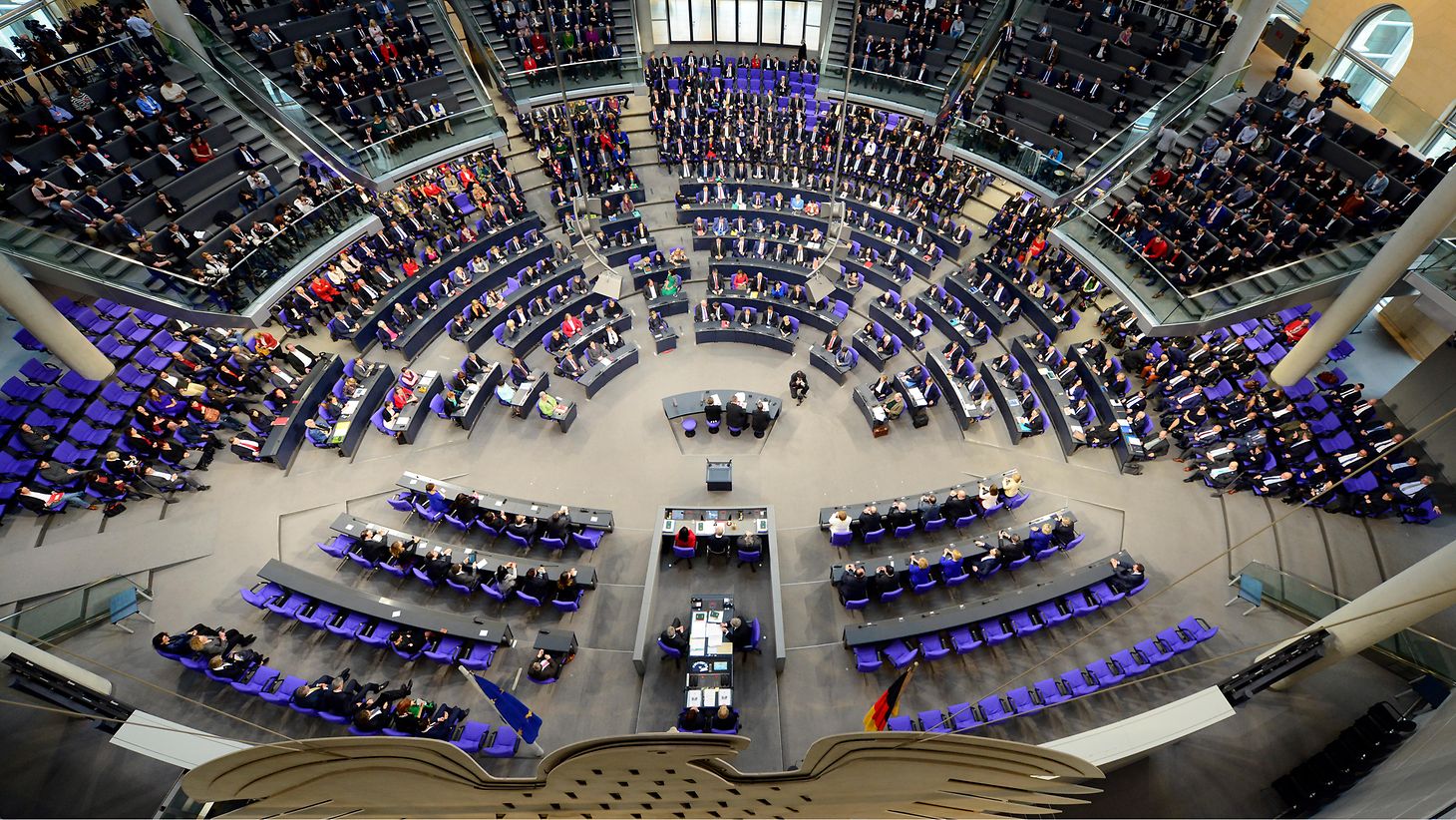Federal Constitutional Court of Germany is about to announce its eagerly awaited ruling on the electoral reform by the traffic light coalition. But about 12 hours earlier, the entire decision briefly has been circulated on the Internet: The five percent clause without exceptions is unconstitutional.
In March 2023, the Bundestag passed a new electoral law with the votes of the traffic light coalition. The aim of this reform was to stop the constant enlargement of the Bundestag through so-called overhang and compensation mandates. In the future, the Bundestag is to have a fixed size of 630 members, according to tagesschau.de. For comparison: The current Bundestag has 734 members.

System change in seat distribution compatible with the Basic Law
The basis of the reform is not objected to by the Federal Constitutional Court. The traffic light coalition had decided the following: People will continue to elect a candidate in their constituency with the first vote. However, the candidates with the most votes will no longer automatically enter the Bundestag.
In the past, this led to some parties having more seats in the Bundestag than they were entitled to according to the second vote result. These so-called overhang mandates then led to compensation mandates. As a result, the Bundestag kept growing.
After the reform, only as many direct candidates will enter the Bundestag as the party is entitled to according to the second vote result. Some direct candidates, therefore, will not get a seat in parliament under this so-called second vote coverage procedure, even if they received the most first votes in their constituency.
The judges do not see this as a violation of the constitution. Rather, it is covered by the legislator’s discretion to decide this way. Constituency representatives are also not “delegates of their constituency,” but representatives of the entire people. The new “second vote coverage procedure” leads to a distribution of seats in the Bundestag according to the election result for the party. This was no different in terms of the result under the compensation mandate model.
Five percent clause without exceptions unconstitutional
The Federal Constitutional Court has now overturned one aspect of the electoral reform. “The five percent clause in its current form is not compatible with the Basic Law,” the ruling states. According to the threshold clause, only parties that receive more than five percent of the second votes nationwide enter the Bundestag. Although this threshold clause existed long before the electoral reform, the traffic light coalition abolished a crucial exception: the so-called basic mandate clause. According to this clause, parties with an election result below five percent entered the Bundestag if they won at least three direct mandates in Germany.
The judges emphasize in their decision that a five percent clause is generally suitable to guarantee the parliament’s workability and functionality. It prevents fragmentation of the parliament. However, the clause means that not all votes in Germany have equal value—all votes for a party that does not reach five percent are disregarded. Therefore, it must be designed so that it does not go beyond the necessary security.
Using the example of the CSU, Federal Constitutional Court explains what is meant. A threshold clause without exceptions could mean that the party is not represented in the Bundestag. This is because its Bavarian election result is recalculated for the whole of Germany, potentially bringing it below five percent. This is not necessary for the Bundestag’s functionality, as the CSU forms a joint parliamentary group with the CDU, and together they are clearly above the five percent threshold. If, in such a case, the second vote results of both parties could be considered together, this would be an equally suitable but milder means to prevent fragmentation.
Previously, the basic mandate clause ensured that the CSU could always enter the Bundestag, as it has always won a large number of direct mandates.
Legislator has several options to adjust the electoral law
The Federal Constitutional Court states in its ruling that the legislator has wide discretion to implement the ruling. There are several ways to respond to the decision and change the electoral law concerning the “threshold clause.” Besides better consideration of the cooperation between two parties, the threshold clause can also be generally lowered or maintained together with a basic mandate clause.
Federal Constitutional Court creates transitional solution
There is not much time left until the next Bundestag election in September 2025. Generally, it should be clear a year before an election which rules will apply. Therefore, the court has ordered a transitional regulation regarding the “threshold clause” to ensure safety. Until a new regulation on this point, the five percent hurdle remains in force, combined with the basic mandate clause. A party enters the Bundestag with its second vote result if it has won three direct mandates. The new rules on seat distribution, which limit the number of seats in the Bundestag, apply anyway. The court has approved them.
Many lawsuits in Federal Constitutional Court
In April, several lawsuits against the new electoral law were heard in Federal Constitutional Court, involving 195 members of the CDU/CSU parliamentary group, the state of Bavaria, the CSU and the Left parties, the Left parliamentary group, and several thousand constitutional complaints.





